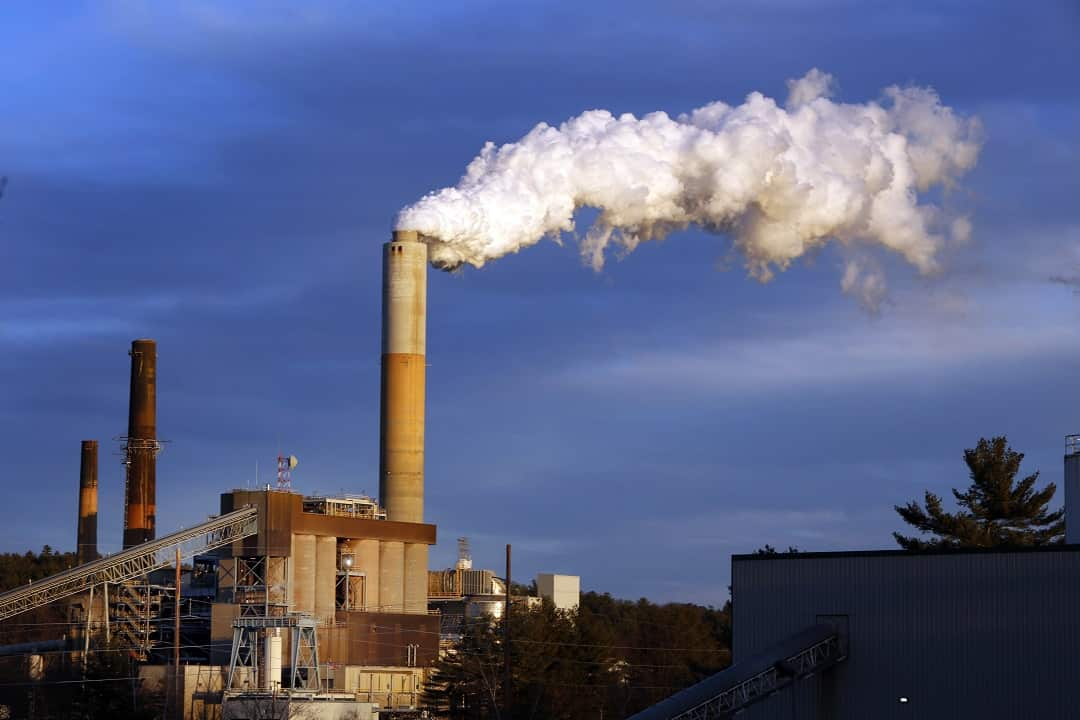US emissions of carbon dioxide, the main greenhouse gas, spiked last year after falling for the previous three, as cold weather spurred natural gas demand for heating and as the economy pushed planes and trucks to guzzle fuel.
Independent research group The Rhodium Group has estimated US emissions rose 3.4 per cent in 2018, the biggest jump since 2010.
Rhodium said the boost from the world's second-biggest carbon emitter after China could make it harder for the United States to meet reductions targets it set under the Paris Agreement in 2015.
To do so, the United States would have to cut energy-related carbon emissions by 2.6 per cent on average over the next seven years, a pace more than twice that achieved between 2005 and 2017.
"It is certainly feasible, but will likely require a fairly significant change in policy in the very near future, and/or favourable market and technological conditions," the group said.

The spike occurred even though 2018 brought a record number of shutdowns of power plants fired by coal, the fuel richest in carbon output when burned.
Natural gas, which emits about half the carbon of coal, replaced most of the lost coal generation. But it also served the vast majority of load growth for electricity last year, the report said.
The Trump administration, which has announced its intent to leave the 2015 Paris Agreement on climate change, is relaxing Obama-era rules on emissions from power plants and vehicles as it seeks to boost production of oil, gas and coal.
Environmentalists say the Trump administration needs to speed up the transition from natural gas to renewables such as wind and solar power and energy storage.

